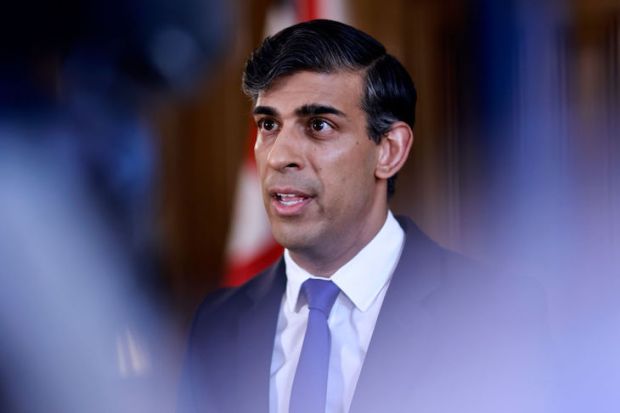One of the government’s flagship priorities this parliament has been its pledge for Britain to reach ‘net zero’ carbon emissions by 2050, with the commitment taking on increasing importance ahead of the COP26 climate summit later this month. But while the policy has wide support across the party, a far more controversial question is how much the change will cost – and if the bill will end up particularly hurting communities in the north.
So far ‘Red Wall’ Tory MPs have been supportive of the government’s efforts to reduce carbon emissions, seeing it as a way to create new green jobs in parts of the country which were hit hard by the deindustrialisation of the past decades. There were signs today, however, that while northern Tories are still supportive of the net zero pledge, they are increasingly concerned about the government’s current direction of travel when it comes to energy policy and the costs of net zero.
Speaking at a Spectator conference event, Ben Houchen, the mayor of the Tees Valley, underlined his support for the policy but argued that ‘the cost of net zero is something we need to get under control’, adding that he thought there more ‘savvy ways’ that government policy could be managed on energy at the moment.
It was a sentiment echoed by Jake Berry, chair of the Northern Research Group of Tory MPs, who outlined his concerns that the costs of Net Zero would fall heaviest on northern seats which the Tories won for the first time in the general election. Berry suggested that this was a ‘pinch point’ for the government and that ‘we have to “fess up” to the fact that it will be many of the “Red Wall” communities who are least able to afford these changes that we are making’.
One of the key costs of net zero will come down to heating – and replacing Britain’s stock of gas boilers. Houchen argued that the recent call to replace every household boiler with a heat pump was a ‘bizarre move’ when they are ‘three times more expensive and actually more than a third of homes can’t accommodate them’. The mayor argued that the civil service was refusing to move with the evidence when it came to using hydrogen for heating instead.
The Tees Valley mayor also sounded a stark warning about moving the net zero target forward, arguing that recent calls for a 2035 net zero target, or the introduction of carbon taxes, would devastate the chemicals industry in the north east by making these businesses uncompetitive – potentially costing thousands of Red Wall jobs. Houchen explained that it was essential that the 2050 target stayed in place, saying:
‘We’re already up against it, which is why we need that timeline. Because if you start bringing it forward to 2035 or 2030 it’s just impossible… without destroying livelihoods and destroying business.’
These kinds of remarks will certainly worry the government ahead of the COP26 summit next month. Both Houchen and Berry are champions of the net zero policy, with the Tees Valley expected to massively benefit from moves to a low-carbon economy. If both of these key figures are now expressing reservations about the potential costs of net zero – and the impact this will have politically – the government may well have a larger battle on its hands when it comes to pushing through the more unpleasant consequences of net zero.
Got something to add? Join the discussion and comment below.
Get 10 issues for just $10
Subscribe to The Spectator Australia today for the next 10 magazine issues, plus full online access, for just $10.




















Comments
Don't miss out
Join the conversation with other Spectator Australia readers. Subscribe to leave a comment.
SUBSCRIBEAlready a subscriber? Log in